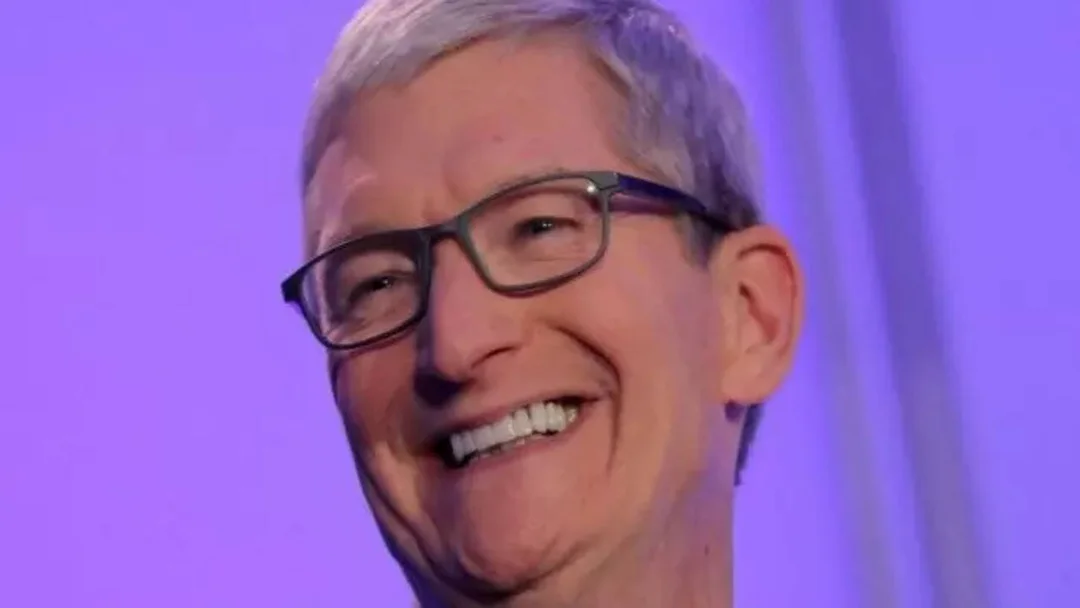
Elon Musk vs. Apple: The High-Stakes Satellite Connectivity Battle and iPhone Redesign Plans
The tech world is abuzz with a heated rivalry between Elon Musk and Apple, primarily over satellite connectivity features for iPhones. This battle, revealed through reports from The Information and The Times of India, isn't just about technology; it's a clash of titans with billions of dollars and the future of smartphone connectivity at stake.

The conflict reportedly began in 2022 when Musk, CEO of SpaceX, learned about Apple's plans to integrate satellite connectivity into the iPhone 14 in partnership with Globalstar. According to reports, Musk proposed an exclusive deal: SpaceX would provide satellite connectivity to iPhones for 18 months for $5 billion upfront, followed by $1 billion annually. His offer came with a stunning 72-hour ultimatum.
Apple's rejection of this ultimatum set off a chain of events. Just two weeks before the iPhone 14 launch, SpaceX announced its own partnership with T-Mobile, enabling text messaging via Starlink in areas without traditional cellular reception. This move not only directly competed with Apple's plans but also potentially excluded Android users initially.
SpaceX's Regulatory Warfare
The conflict escalated with SpaceX launching legal challenges against Globalstar's use of radio spectrum – challenges that, if successful, could significantly hinder the iPhone's satellite capabilities. SpaceX has accused Globalstar of underutilizing its spectrum and blocking competition. Apple fears Musk's close ties to the previous administration could give SpaceX an edge in regulatory matters, leading the company to dedicate resources to orbital spectrum issues.

Internal Dissent at Apple
Adding another layer to this complex situation, Apple faces internal resistance to its satellite strategy. Senior executives, including software chief Craig Federighi, reportedly questioned the capabilities due to Globalstar's perceived inferiority compared to competitors like Starlink. Concerns also exist that expanding satellite services could lead to Apple being regulated as a telecommunications carrier, potentially compromising iMessage's privacy. Despite the internal debate, Apple invested $1.7 billion in Globalstar for new satellites.
Looking Ahead: iPhone Design Overhaul
Beyond the satellite feuds, reports indicate Apple is planning major iPhone design changes over the next three years. There are talks of significant industrial design shifts planned for 2025, 2026, and 2027. The iPhone 17 Pro models are rumored to feature aluminum frames, a shift from the titanium used in the iPhone 15 Pro and iPhone 16 Pro.
What's Next?
The Musk-Apple saga continues to unfold, raising questions about the future of satellite connectivity in smartphones and Apple's overall strategy. Will Apple fully embrace satellite features, or will internal dissent and external pressures lead to a change in course? How will these clashes shape the future of smartphone technology?
What are your thoughts on this tech titan showdown? Share your opinions in the comments below!